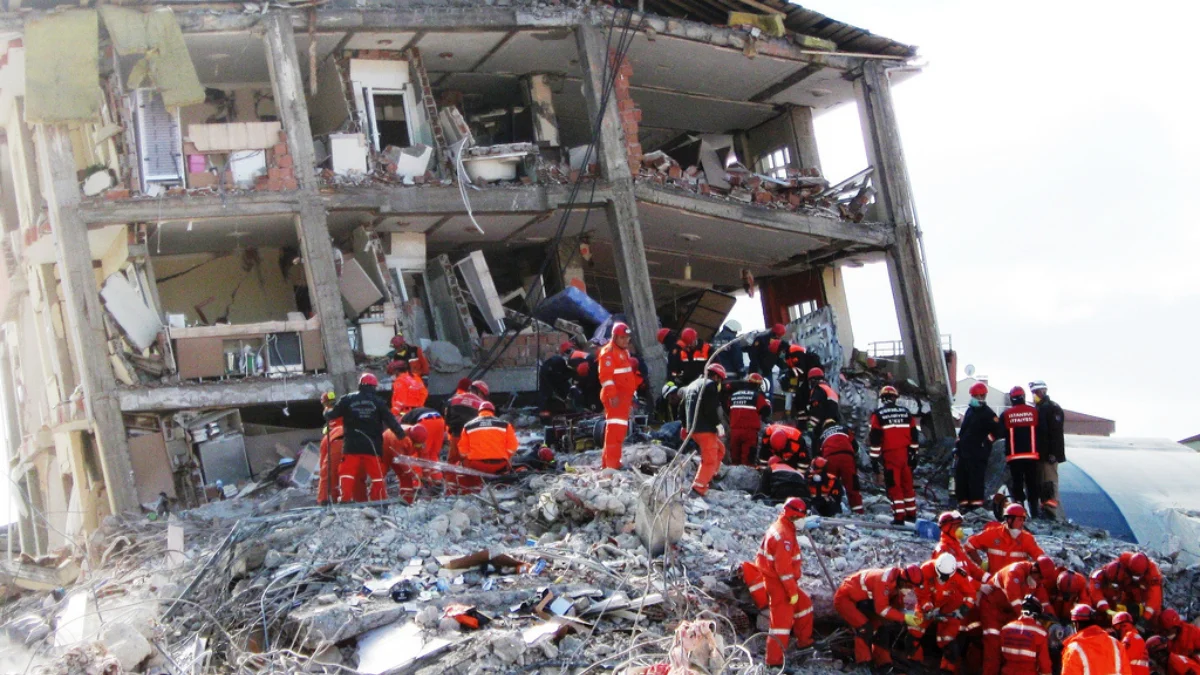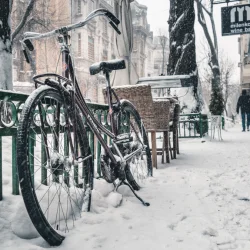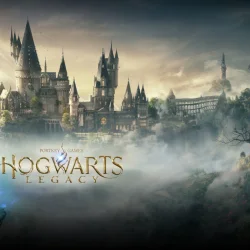Turkey is facing the biggest humanitarian crisis in its recent history
For the past 3 days I’ve been watching the destruction in my beautiful country, crying at the hopelessness humanity faces against the mayhem of natural disasters. The country is struggling to get aid to affected areas after an earthquake of 7.7 magnitudes, followed by another one of 7.6 hours later in the same city destroyed thousands of buildings, including hospitals, airports, highways, government buildings, schools, mosques, churches and apartment blocks. The earthquake has impacted 10 provinces in the Southeast part of the country, a region with a total population of over 13 million.
At the time of reporting 8,574 have died as a result and 40,910 injured, with the fatalities expected to rise to multiples in the upcoming days. Turkey’s disaster management agency stated that 11,342 buildings have been reported to have collapsed, of which 5,775 they were able to confirm. The earthquake has also impacted neighbouring Syria, which has reported an official death toll of 2,470 so far.
The country faces several challenges
First of all, because the earthquake was very shallow (about 17km below the surface) it was felt more powerfully and impacted a wider geography. There have been over 250 aftershocks of various magnitudes ranging up to 6.6, resulting in the collapse of some buildings already damaged by the initial earthquake. The aftershocks put rescue workers in danger and hinder the rescue process, since no work can be done during the aftershock.
Secondly, the earthquake happened during a harsh snowstorm. In some affected regions night-time temperatures reach as low as -12 degrees Celsius, putting both people trapped under the rubble and survivors at risk of freezing to death. There’s no electricity in the region currently, and some provinces have already run out of gas. This means that without sufficient aid, the survivors are at risk of freezing to death and the standard 72-hour window for rescuing people trapped under the rubble is significantly shortened.
No food, water, or shelter
The earthquake has also impacted water distribution pipes, making it impossible to get drinkable water in the region. There’s a shortage of food, with many reporting they haven’t had anything to eat in over 36 hours. Most of the survivors have lost their homes and will need to be rehoused.
The scale of aid needed is tremendous if we want to avoid many more tens of thousands of deaths. The Turkish authorities, municipalities, NGOs and civilians are doing everything that they can do; making monetary donations as well as food, water and supplies but the region needs all the help they can get. Because of the vastness of the affected area, people in many regions still have not had any help. Some earthquake experts and economists state that the national economic damage to the region is over $50 billion.
The priority is to save as many people as possible; from under the rubble, from starvation, from freezing to death and from dying of thirst, but make no mistake — this region will need work for many more years to come. Turkey will need to rebuild the hospitals, schools, homes, roads, mosques, government buildings, airports. For a country already in a dire economic situation, this is absolutely devastating.
So please, consider making a donation to the following trustworthy associations.
AHBAP
Ahbap is the most active and organised local NGO currently working in the area. They have been working in the affected areas since day 1, helping transfer rescue teams, food, water and other supplies. You can visit their website to make a donation. They now also accept donations in several cryptocurrencies.
ISTANBUL VAKFI
Istanbul Vakfi is the official foundation of the Municipality of Istanbul, the biggest municipality in Turkey. Municipality of Istanbul has been tasked with helping the city of Hatay, the most affected city in the earthquake-ridden provinces. They’ve transferred over 1000 municipality workers into the region, including firefighters, rescue workers and medical workers. They’ve provided rescue teams, food, water and shelter to the region. You can make a donation to Istanbul Vakfi.
AFAD
AFAD is Turkey’s Disaster and Emergency Management agency. They’ve been coordinating the rescue mission in all 10 provinces but due to the scale of the disaster they need many, many more resources to help the entire region.
You can donate to AFAD.
AKUT
AKUT is a voluntary NGO that focuses on disaster search and rescue relief. They provide expert rescue teams and they have been actively working to save people trapped under the rubble. You can donate to AKUT.
Featured image: Turkey earthquake / Flickr

































